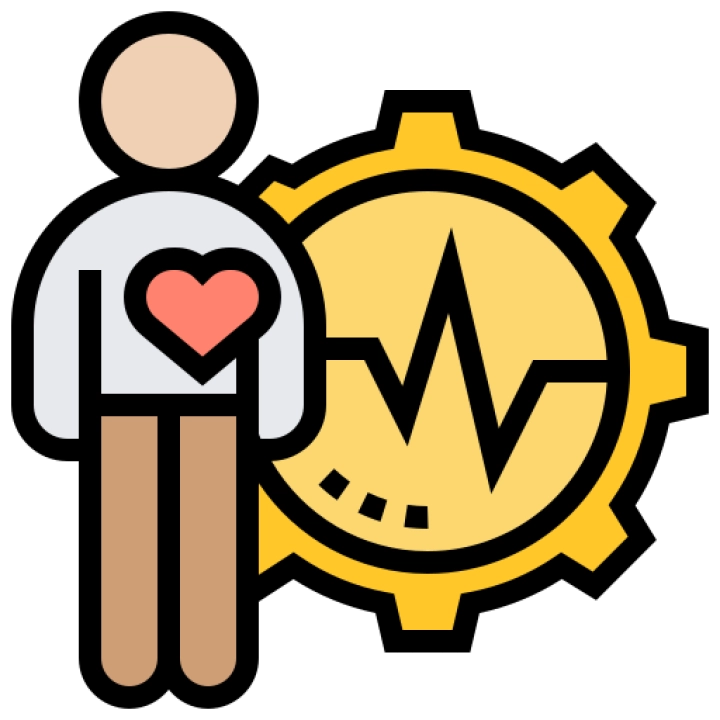College: College of Graduate Studies in Health Sciences
This specialization focuses on improving the quality of healthcare and patient safety through effective management practices. Students learn key areas such as quality improvement, operations management, patient safety, data analysis, and regulatory compliance. The program prepares graduates for careers in healthcare management, quality improvement, and patient safety.
Learning Objectives:
- Understand the fundamentals of healthcare quality management.
- Develop skills in quality improvement and operations management.
- Learn techniques to ensure patient safety and regulatory compliance.
- Explore applications of data analysis in healthcare quality management.
- Understand ethical considerations in healthcare quality management.
- Analyze challenges and opportunities in improving healthcare quality.
- Develop teamwork and problem-solving skills for quality management projects.
Main Outline:
- Introduction to Quality Management in Healthcare - Overview of healthcare quality management and patient safety.
- Improving Healthcare Quality - Principles and techniques for implementing quality improvement initiatives.
- Operations Management in Healthcare - Fundamentals of process mapping, analysis, and improvement.
- Patient Safety - Principles and techniques for ensuring patient safety and reducing medical errors.
- Data Analysis in Healthcare - Basics of data analysis and its applications in improving healthcare quality.
- Regulatory Compliance in Healthcare - Overview of healthcare regulations and techniques needed for ensuring compliance.
- Ethical Considerations in Healthcare Quality Management - Principles of ethical considerations and responsible quality management practices.
- Research Methods in Healthcare Quality Management - Principles of research methods and techniques needed to conduct research.
- Practical Training in Healthcare Quality Management - Real-world quality management experiences through observations, internships, and projects.
- Capstone Project in Healthcare Quality Management - Comprehensive project applying skills acquired in quality improvement or patient safety.
Assessment Methods:
Quality improvement reports, operations management analyses, patient safety plans, data analysis projects, regulatory compliance reports, ethical considerations papers, research methodology papers, practical training reports, capstone projects, group projects, and internships.
Recommended Textbooks:
- "Healthcare Quality Management" by various authors.
- "Improving Healthcare Quality" by various authors.
- "Patient Safety: Achieving a New Standard for Care" by the Committee on Quality of Healthcare in America.
- "Data Analysis in Healthcare" by various authors.
Prerequisites:
Basic knowledge of healthcare management and quality improvement. Suitable for students interested in healthcare management, quality improvement, and patient safety.
Duration of Specialization:
Typically 4 years to obtain a bachelor's degree, including coursework, projects, practical training, and internships.
Certification:
Graduates can earn a degree in healthcare quality management and pursue professional certifications in healthcare management or quality improvement.
Target Audience:
Aspiring healthcare managers, quality improvement specialists, patient safety managers, and professionals seeking to specialize in healthcare quality management. This specialization equips students with the skills necessary to excel in healthcare quality management, supporting careers in healthcare management, quality improvement, and patient safety.

